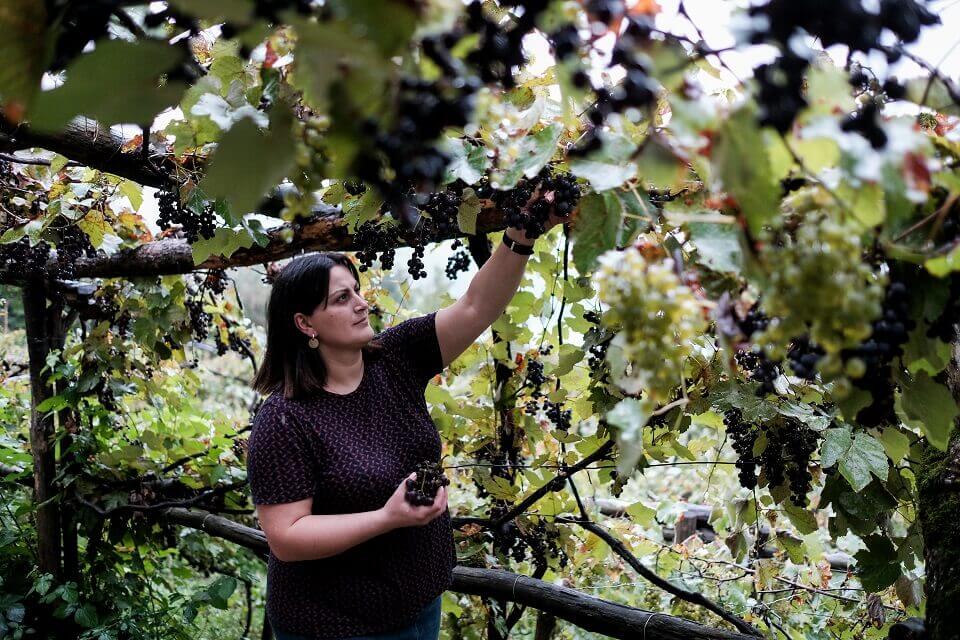International Day of Rural Women theme: “Building rural women’s resilience in the wake of COVID-19”
Date:

This year on International Day of Rural Women (15 October), the spotlight is on the urgent need for Building rural women’s resilience in the wake of COVID-19, for “building back better” by strengthening rural women’s sustainable livelihoods and wellbeing.
Rural women play a crucial role in agriculture, food security and nutrition, land and natural resource management, and rural enterprises. They have been at the front lines of responding to the pandemic even as their unpaid care and domestic work increased under lockdowns, mobility is restricted, supply chains are disrupted, and climate and conflict crises compound COVID-19 impacts.
In India, millions of rural women organized in self-help groups have helped to fill acute shortages and gaps by producing masks and hand sanitizers, providing fresh food through community kitchens, offering financial services, and communicating vital COVID-19 information in rural communities. In China, rural women’s cooperatives re-oriented their activities to supply much-needed masks to their communities and beyond. In Mali, rural women-owned enterprises and cooperatives are preparing survival kits for vulnerable persons and in Senegal, women rice producers are supplying government sourcing for food transfers.
Yet, rural women are labouring under acutely disadvantageous conditions. Already insufficient infrastructure and services in rural areas have been stretched to the limit; rural women’s invaluable care and productive work during the pandemic has burgeoned, in many places without clean and safe water, sanitation and hygiene, energy supply or healthcare services.
The pandemic has also heightened the vulnerability of rural women’s rights to land and resources. Discriminatory gender norms and practices impede women’s exercise of land and property rights in most countries. Since women’s land rights are often dependent on their husbands, COVID-19 widows risk disinheritance. Women’s land tenure security is also threatened as unemployed migrants return to rural communities, increasing pressure on land and resources and exacerbating gender gaps in agriculture and food security.
Gender-responsive investments to expand basic infrastructure, healthcare and care services in rural areas have never been more critical. Bolstering women’s land rights in law and practice can help protect women from displacement and losing their sources of livelihood. This International Day of Rural Women is a key moment to galvanize action by all stakeholders to support rural women and girls to not only rebuild their lives after COVID-19 but increase their resilience to be better prepared to face future crises.